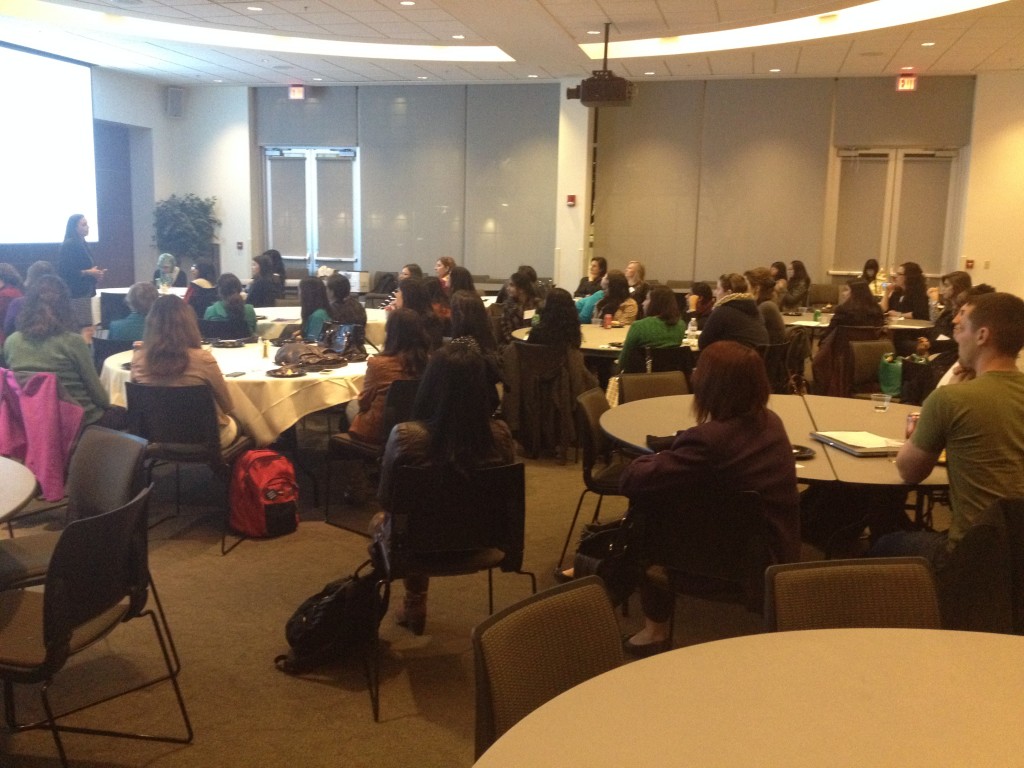Forging a career path may not come with an exact road map, but members of the Society of Women Engineers (SWE) were given the next best thing at a recent meeting at the University of Texas at Dallas (UTD).

Samantha Dwinell, vice president of human resources for Talent Management at Texas Instruments, addressed the SWE audience, which included members of the Dallas professional chapter and UTD student chapter. While attendees ranged in age and background, all were united in their focus on engineering and leadership.
“There are many different paths, particularly for engineers,” Dwinell told the audience. “There may be specific types of engineering roles, but the reality is that the field is open for you to forge your own path. And for engineers it’s a wide path to explore.”
Dwinell discussed the importance and need to balance three key elements as engineers consider advancement throughout their career: Insight, Direction, and Capability.
“Before you can move forward, you need to first have insight into who you are, what you value and what you are good at,” she offered. “You should also understand your company’s focus and direction, and what they value. When you combine all those elements, you’ll perform your best. Great performance is the starting point. From there, work to develop your capability and continuously push yourself to strengthen your skills.”
Dwinell reflected on her own career at Texas Instruments to offer attendees relatable advice on forging a career path.
“If you want others to put you into leadership roles, you have to first see yourself as a leader,” Dwinell said. “If things aren’t going right, go left. Use everything around you as a learning opportunity, ask for help, and continuously seek feedback. Reach up and connect with leaders at school, within your company, or organization. And when you start to forge your path, bring others along. Continue to build relationships and be the kind of leader that helps to develop others.”
Dwinell explained that career advancement isn’t just a job title, leadership can take many forms. “Not everyone wants to be the head of the company,” she said. “Advancing your career may mean you stay in the same area, and dig deeper to grow your skills and become an expert at what you do.”
Before opening the discussion to questions, Dwinell reinforced the need to communicate your value. “Have an elevator speech ready,” she said. “Be able to succinctly state your expertise and value, because you never know when opportunity will present itself or who you will meet, at school, at your job, or in life.”
Tips to forging your path
- Own your career
- Insight into yourself and what you value
- Understand what your organization values, including how they define great performance
- Continuously build your capability and improve
- Key methods for development: on-the-job, learning from others and formal training
- Be intentional about what you choose to develop
- Be open to feedback
- Understand your career options
- Communicate your value
– Leah Templeton, TI Communications Manager
